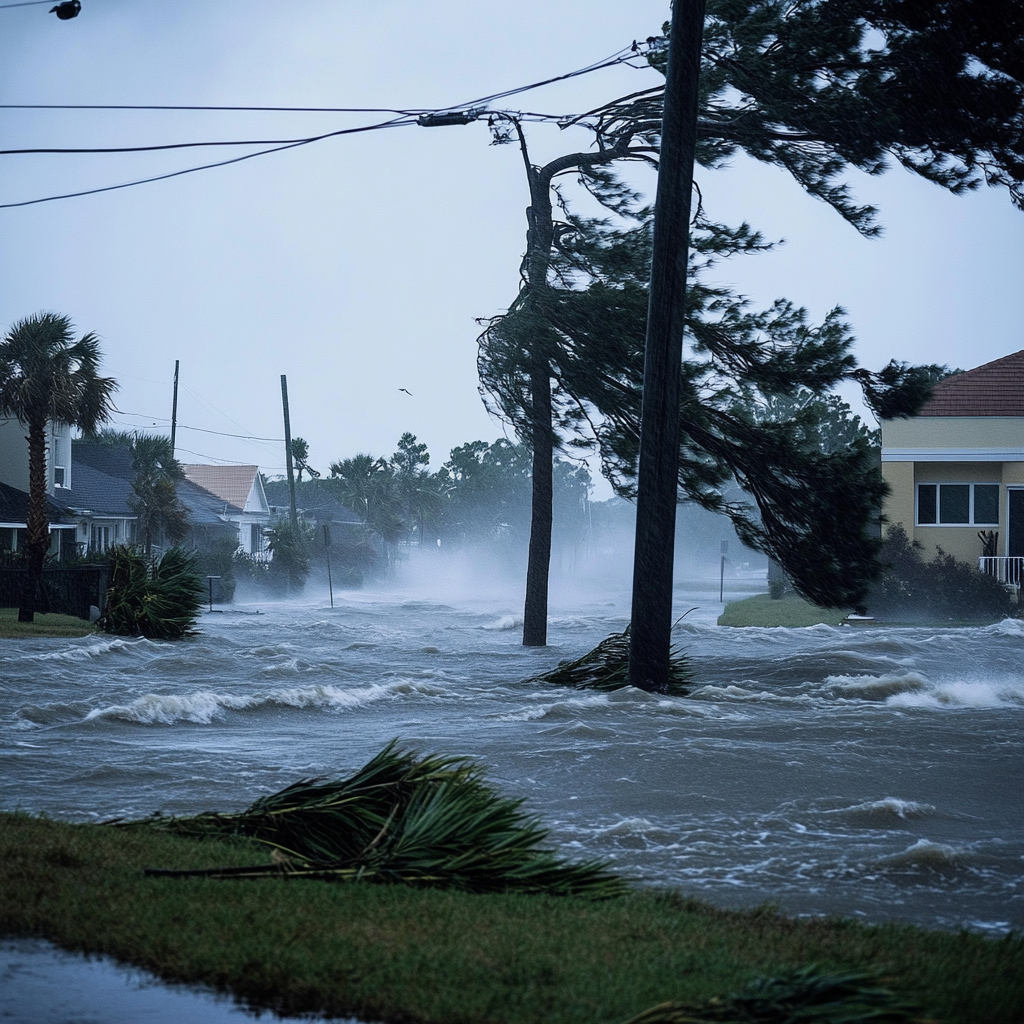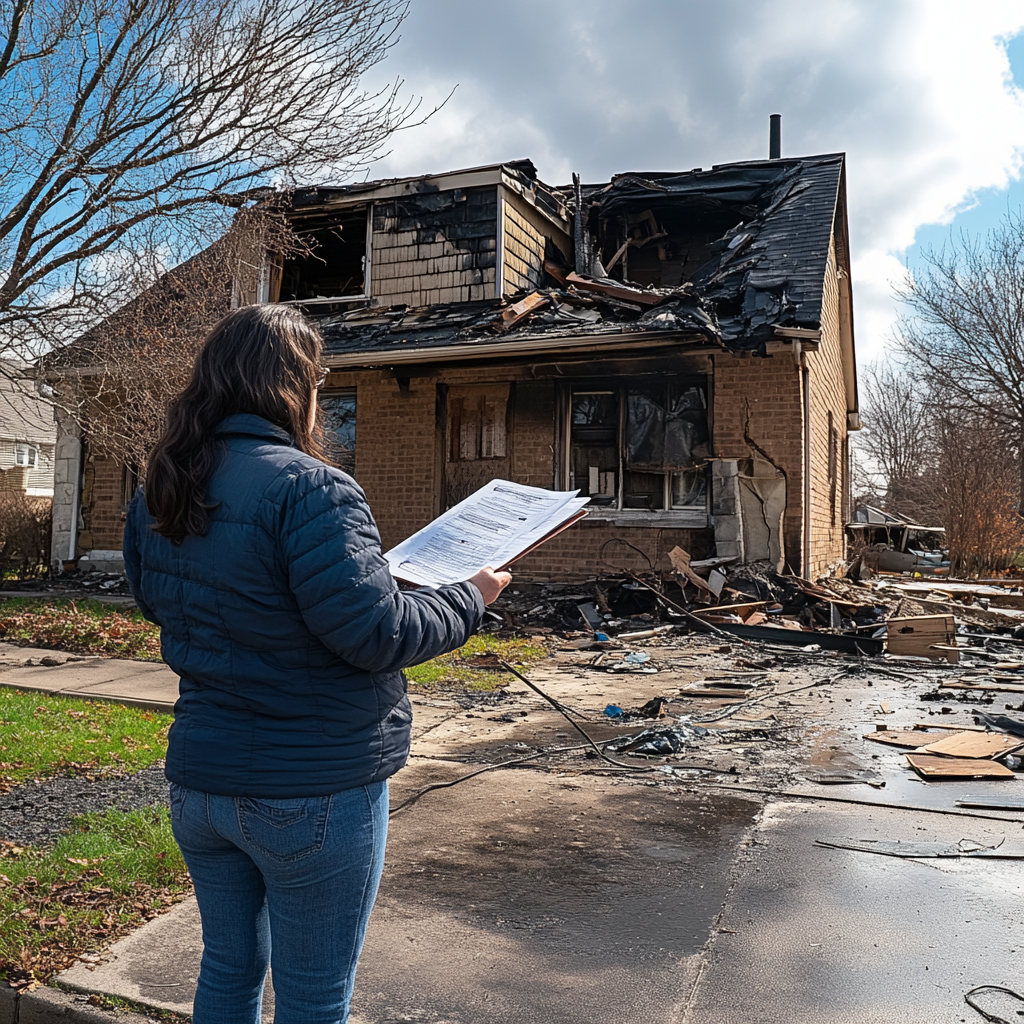When Does Hurricane Season Start in Florida?
TL;DR: 2025 Florida Hurricane Season Start Dates & Preparation Guide
Season Duration: June 1 to November 30, with peak activity in late August through September.
2025 Forecast: Anticipated 13-18 named storms; 7-10 hurricanes; 3-5 major hurricanes.
Collier County Alert: Increased risk of direct hurricane impacts this season.
Preparation Steps: Develop emergency plans, assemble supply kits, stay informed, and secure property.
Expert Assistance: Shoreline Public Adjusters offers specialized support for hurricane-related insurance claims.
What You Need to Know About Florida's 2025 Hurricane Season
Florida residents know that when summer rolls around, hurricane season is never far behind. But exactly when does hurricane season start in Florida? And more importantly—how can you prepare?
In this blog, we’ll break down:
The official start and end dates of Florida’s hurricane season
2025 hurricane season forecasts
Peak periods of activity
How residents of Collier County, and throughout Florida, Minnesota, and Wisconsin, can prepare
Why Shoreline Public Adjusters should be your go-to resource when a storm strikes
Let’s dive in.
When Is Hurricane Season in Florida?
The Atlantic hurricane season officially begins on June 1 and ends on November 30. During this six-month window, Florida is at risk for tropical storms and hurricanes forming in the Atlantic Ocean, Gulf of Mexico, and the Caribbean Sea.
This isn’t just a Florida issue—it’s part of a larger Atlantic hurricane cycle, which also affects coastal states and regions throughout the Gulf. But due to its geography, Florida—especially Southwest Florida and Collier County—remains one of the most hurricane-prone areas in the country.
2025 Hurricane Season Forecast
Early predictions for the 2025 Atlantic hurricane season suggest we could see above-average activity due to elevated sea surface temperatures and weakening El Niño conditions. According to early data:
13 to 18 named storms
7 to 10 hurricanes
3 to 5 major hurricanes (Category 3 or higher)
These forecasts highlight the importance of staying vigilant, especially during the most active months of the season.
When Is Peak Hurricane Season?
Although hurricane season spans from June through November, the peak of activity typically falls between late August and mid-September.
Statistically, September 10 is considered the climatological peak of the Atlantic hurricane season.
That means storms that form in late summer are more likely to become intense, long-lived, and impactful—especially for vulnerable coastal areas like Collier County.
Local Impact: Collier County in Focus
Collier County, which includes Naples, is no stranger to the threat of hurricanes. In fact, the area has seen direct and indirect impacts from major storms like Hurricane Irma and Hurricane Ian in recent years.
With many homes located near the coastline and growing development in low-lying areas, residents need to be extra prepared every season. Collier County’s flat terrain, susceptibility to storm surge, and limited evacuation routes make early planning critical.
How to Prepare for Hurricane Season in Florida
Preparation is everything when it comes to hurricane season. Here are a few must-dos for homeowners:
1. Create an Emergency Plan
Know your evacuation zone
Map out routes ahead of time
Make arrangements for pets and elderly family members
2. Build a Hurricane Kit
Water and non-perishable food (3-day supply minimum)
Flashlights, batteries, and phone chargers
Medications and medical supplies
Copies of important documents (ID, insurance policies)
3. Fortify Your Home
Install or inspect storm shutters
Trim trees and remove outdoor debris
Check your roof and gutters
4. Review Your Insurance Policy
Ensure coverage is up-to-date
Understand your hurricane deductible
Document your home’s current condition with photos or videos
What If a Hurricane Damages Your Property?
If your home or business sustains damage during a storm, it’s essential to file a claim—but even more important to get it done right.
That’s where Shoreline Public Adjusters comes in.
We are licensed in Florida, Minnesota, and Wisconsin, and we specialize in helping policyholders get fair and full settlements after natural disasters like hurricanes. Unlike insurance company adjusters, we work for you—not your insurer.
Whether it's wind damage, flood impact, or roof leaks, we:
Evaluate and document all damage
Handle communications with the insurance company
Negotiate the highest possible payout on your behalf
You don’t have to navigate the claims process alone—we’ve got your back.
Learn how we help policyholders after hurricane damage
Florida Isn’t Alone: Why We Also Serve Minnesota and Wisconsin
You might be wondering—why public adjusting in Minnesota and Wisconsin?
Believe it or not, hurricanes can have ripple effects that reach the Midwest in the form of heavy rain, floods, and high winds. Plus, the growing number of severe summer storms and derechos has made storm damage a concern well beyond the coast.
No matter where you live, we bring the same commitment and expertise to every claim.
Final Thoughts: Stay Ready, Stay Protected
To recap:
Hurricane season in Florida starts June 1 and ends November 30
Peak activity hits between late August and mid-September
The 2025 season is expected to be active, with increased risks for major hurricanes
Collier County residents should pay close attention and take proactive steps to prepare
And when the storm passes, remember: Shoreline Public Adjusters is here to help you recover.
Contact us today for a free consultation!
We’ll fight to ensure you get the settlement you deserve.
Visit our website or call us to get started.
Shoreline Public Adjusters, LLC
780 Fifth Avenue South
Suite #200
Naples, FL 34102Email: hello@teamshoreline.com
Phone: 954-546-1899
Fax: 239-778-9889



